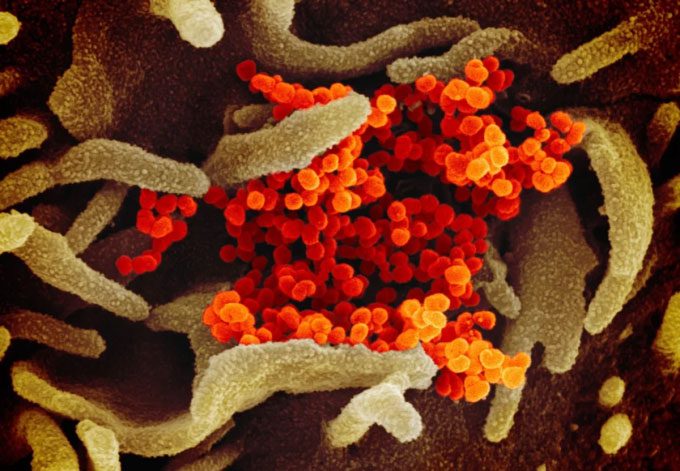The World Health Organization (WHO) has classified JN.1 as a “variant of interest,” indicating that it may evade immunity more effectively than previous versions of the nCoV virus.
JN.1 is derived from BA.2.86, a subvariant of Omicron. It possesses a distinct mutation in the spike protein (responsible for entering and infecting cells) along with other mutations in different regions.
A variant of interest (VOI) includes genetic characteristics that enhance the virus’s ability to spread, evade the immune system, be harder to detect in tests, or worsen disease severity. Previously, XBB.1.5 and EG.5 were also classified by WHO as VOIs.
On the other hand, a variant becomes a variant of concern (VOC) when genetic changes in the virus have clinical significance or include factors such as increased transmissibility, increased virulence (severity of disease), changes in vaccine effectiveness (reduced efficacy), or changes in diagnostic effectiveness (current diagnostic methods becoming ineffective)… Alpha, Beta, Gamma, and Delta were previously classified as VOCs by WHO.
WHO has indicated that JN.1 does not pose a significant threat to the community. However, the organization warns that countries should be cautious of COVID-19 alongside other pathogens this winter, which could contribute to a respiratory disease outbreak that may strain healthcare systems.

Electron microscope image of nCoV, orange. (Photo: NIAID-RML).
“As winter begins in the Northern Hemisphere, JN.1 will increase the national disease burden,” WHO stated.
In the United States, JN.1 accounts for about 20% of new nCoV infections according to data from the Centers for Disease Control and Prevention (CDC). The agency believes that the virus’s infection levels will continue to rise.
According to the ZOE Health Study, from December 6 to the present, the UK has recorded 97,000 symptomatic cases of COVID-19. Professor Azeem Majeed, Head of the Department of Public Health at Imperial College London, stated that JN.1 “seems to be the fastest-growing variant in the UK at the moment.”
Testing and previous treatment methods will still be effective against JN.1. So far, experts have not reported any patients experiencing more severe symptoms after contracting the virus.
“Although JN.1 infections are rapidly increasing, evidence regarding its severity compared to other virus variants is still limited,” WHO noted.
According to WHO, existing vaccines, including those based on the original XBB variant, remain effective in protecting users against severe illness and death.



















































